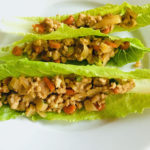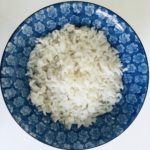Soy Allergy:
A soy allergy is an immune reaction to soybean proteins. Many babies who are allergic to cow’s milk will also react to soy-based formulas.
Symptoms of soy allergy:
The symptoms of soy allergy can be divided into 3 categories:
- Gastrointestinal – loose stools or diarrhea, vomiting, stomach pain
- Respiratory – cough, wheeze, asthma, rhinitis (stuffy or runny nose)
- Skin – hives, swelling, eczema
Anaphylaxis is the most severe allergic reaction, involving every above organ system. It can lead to anaphylactic shock and death. Anaphylaxis due to soy allergy is rare.
The soy-free diet:
Following a soy-free diet requires the elimination of the following types of foods:
- Soybeans
- Tofu,
- Soymilk
- Soy sauce
- Soy flour
- Many milk substitutes
- For a more detailed list, read the Soy-Free Guide
Soy oil and soy lecithin may not contain any or enough soy protein to cause a reaction, and therefore may be tolerated by soy-allergic individuals. However, products can also be contaminated with soy protein during processing, so a highly sensitive person may still react to products containing these forms of soy.
Nutritional needs:
Soybeans provide calcium, folate and iron, but these nutrients can easily be found in other foods. Therefore, nutrient deficiency is not a concern when eliminating soy from the diet.






what people are talking about